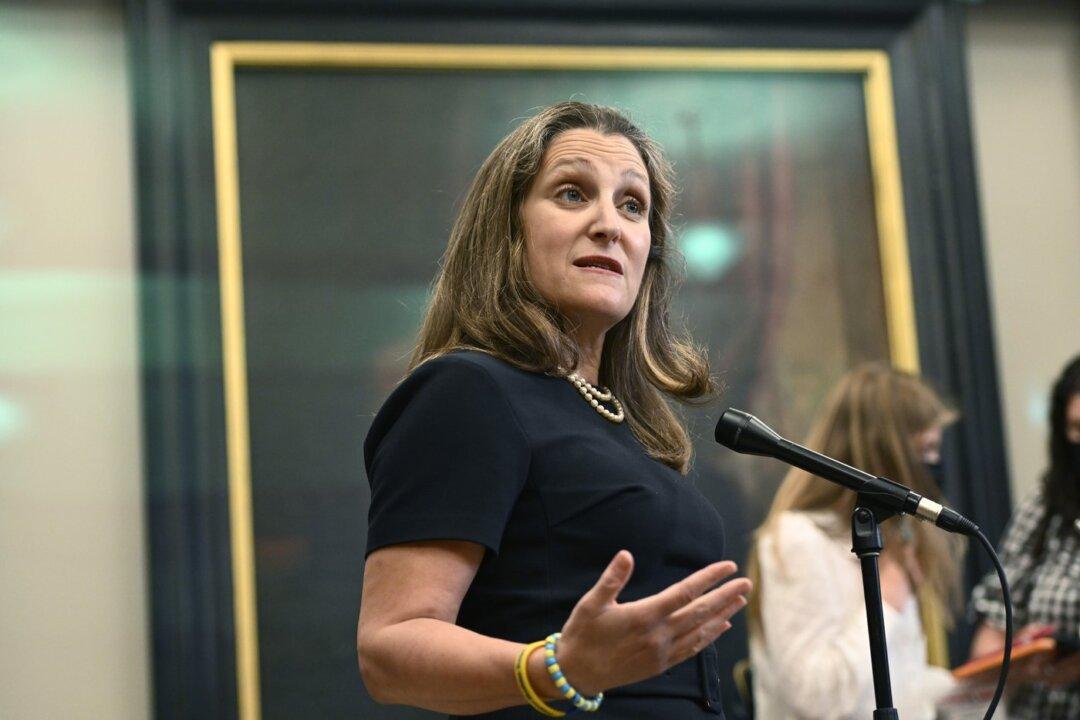Commentary
While the COVID-19 pandemic is ever so slowly moving into the rear-view mirror for Canadians, the economic fallout from the pandemic measures still looms on the horizon.

While the COVID-19 pandemic is ever so slowly moving into the rear-view mirror for Canadians, the economic fallout from the pandemic measures still looms on the horizon.